Decentralized Identity and Oracles: Enhancing Crypto Infrastructure

Breaking down the complex world of decentralized identity and oracles isn’t just critical—it’s urgent for the crypto evolution we’re all part of. We face a thorny path: riddled with security breaches and anonymity that breeds distrust. The answer? The emerging heroes: decentralized identity and oracles. Imagine a landscape where your digital persona is uncompromisingly yours—safe, sound, and recognized across platforms without ever compromising privacy. And consider the power of oracles as trusty watchdogs, ensuring every piece of data on the blockchain is legitimate. We stand on the brink of a new digital dawn, where these technologies aren’t just add-ons; they are the cornerstone of a revolutionized and reliable crypto ecosystem. Ready to check out just how they’re making waves in our world? Let’s get straight to it.
Decoding the Complexity: The Problems in Today’s Crypto World
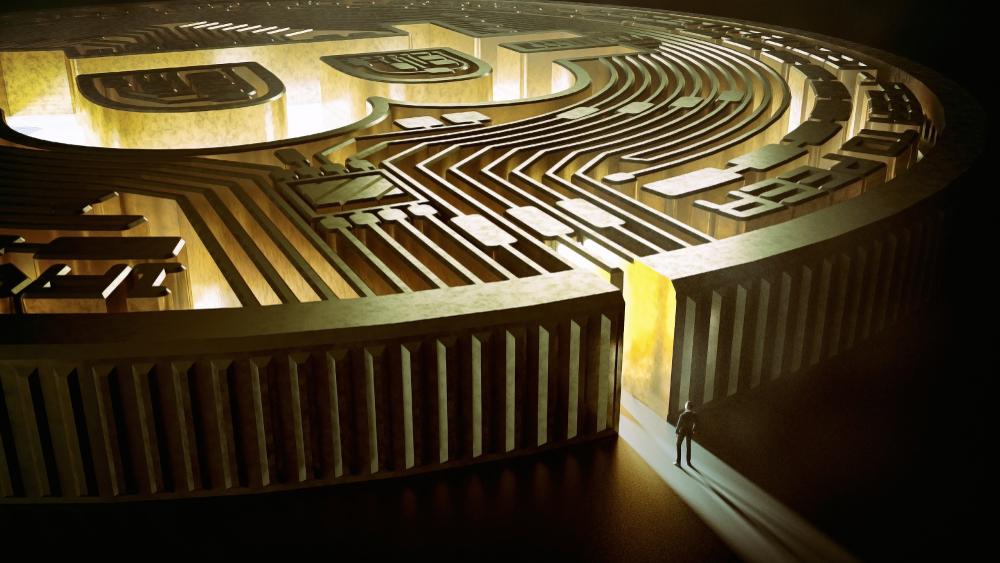
In the vast expanse of the crypto universe, the challenges that face us are as complex as they are critical. Among them, the issue of trust and verification stands tall. How can we ensure that the information feeding into the blockchain is accurate, or that individuals and entities are who they claim to be? It’s a rocky terrain fraught with:
- Security breaches: Frauds and hacks undermining confidence.
- Opacity: A lack of transparent mechanisms for verifying data.
- Fragmentation: Isolated data pools that complicate identity verification.
These obstacles hamper not just the usability but also the growth potential of decentralized technologies. A trustworthy infrastructure is not just a nice-to-have—it’s essential for a metamorphosis of the digital landscape.
Offering Clarity: The Role of Decentralized Identity and Oracles
It’s at this inflection point where decentralized identity and oracles come into play. What if we had a way to:
- Authenticate users convincingly without relinquishing personal privacy?
- Trust data inputs that feed the insatiable smart contracts and applications sprawled across blockchain networks?
That’s the transformative potential of decentralized identity and oracles. Decentralized identity can untangle the knots of authentication by enabling users to control their own identity, free from the centralized authorities that currently hold our digital reins. Meanwhile, oracles serve as the vigilant sentinels at the gates of blockchain, ensuring that only verified, accurate information gets through.
Imagine a world where your digital identity is yours and yours alone, portable across services, verifiable, and secure. A reality where smart contracts execute not on good faith, but on good data, sourced transparently from the world around them. It’s a robust vision—but how close are we to achieving it?
We’ve laid out the playing field, highlighting the imperfections in our current digital framework and the promise of decentralized solutions. However, to fully understand the transformative power of these technologies, we must delve deeper. Are you ready to see how decentralized oracles and identities are not just enhancing, but revolutionizing the crypto infrastructure?
Stay tuned to unveil the intricate workings of oracles in the crypto space and why they might just be the linchpin in the decentralized finance (DeFi) movement. What’s the magic they bring to DeFi? Let’s explore that in the next segment…
The Power of Oracles in Crypto

Imagine a world where your smart contracts not only execute flawlessly but also possess the superpower to interact with real-world data. This isn’t a distant dream—it’s the reality made possible by oracles in the cryptocurrency ecosystem. Oracles function as the critical bridge between the blockchain and the outside world, enabling the seamless exchange of vital data within decentralized applications (DApps).
How Oracles Work in the Crypto Space
Let’s demystify how oracles operate in the crypto universe. There are two main types of oracles: inbound and outbound. Inbound oracles ferry data into the blockchain, thereby informing smart contracts with external information. Outbound oracles work oppositely, sending data from the blockchain to external systems.
- Inbound Oracles: These bring real-world information like temperature, price feeds, or even election results into the blockchain, making smart contracts smarter by providing them with the data they need to make decisions and execute actions.
- Outbound Oracles: These act as the blockchain’s voice to the world. Imagine a smart contract that locks or unlocks a door depending on a payment. Once the payment is processed on the blockchain, the outbound oracle signals the door’s lock.
Oracles play a crucial role in enabling these smart contracts to become truly autonomous and responsive to real-world events and conditions. This is high-stakes functionality — without the accurate and timely data provided by oracles, the reliability of DApps could be compromised.
Why Oracles Matter in DeFi
Understanding the pivotal role of oracles is even more crucial in the realm of Decentralized Finance (DeFi). In DeFi, oracles enable the creation of complex financial products by providing real-time asset price information directly to the blockchain. But why are they so important?
- Data Authentication: Oracles verify and authenticate external data before it’s used in smart contracts, ensuring its accuracy and reliability.
- Real-time Updates: They provide a continuous flow of information, which is paramount for dynamic and responsive financial applications.
- Reduced Risks: With accurate and trustworthy data, oracles help in mitigating the risks associated with incorrect data inputs, thereby safeguarding users’ assets.
For instance, imagine a decentralized lending platform that automatically adjusts interest rates based on the current market trends received through oracles. The implications of such precise and dynamic adjustments are profound, offering more fairness and efficiency within the market. This is the tip of the iceberg when it comes to oracles’ transformative power in DeFi.
“Smart contracts are only as good as the data they act upon. Oracles breathe life and relevance into those contracts by being the reliable messengers of the outside world,” reflects an industry expert. This statement rings true, illuminating the importance of oracles as both gatekeepers and enablers of trustworthy, automated execution.
Are you beginning to see the vast implications of oracles for the future of finance and blockchain technology? But this is just a glimpse. Prepare to delve deeper into the nuanced world of decentralized oracles. How do they differ from their centralized counterparts, and what new layers of security and efficiency do they unveil for DApps? These questions beckon our attention as we strive to explore more in the next segment. Stay tuned.
The Advantages of Decentralized Oracles
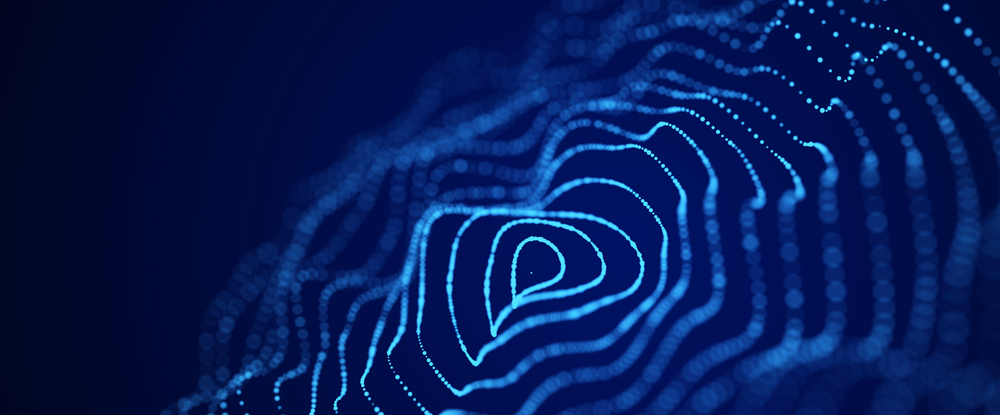
When we talk about taking the blockchain’s potential to its zenith, we cannot overlook the power behind decentralized oracle networks. These networks have paved the way for dApps to reach new heights of functionality, intertwining the reliability of crypto with the agility of real-world information.
Understanding Decentralized Oracles
The crux of decentralized oracles lies in their ability to enhance trust and reduce single points of failure within the blockchain ecosystem. By utilizing a vast network of nodes, these oracles ensure that the data fed into smart contracts is not only accurate but also tamper-resistant and verifiably true.
Imagine the blockchain as a vault that is exceptionally secure but has limited knowledge of anything taking place outside its walls. Decentralized oracles are the eyes and ears, bringing in vital information without compromising the sanctity of the vault.
- They validate data through consensus, ensuring it reflects real-world truths.
- They provide a layer of security that deters manipulation and enhances contract execution integrity.
- They open doors for more complex, real-world applications and use-cases of smart contracts.
Real-World Applications of Decentralized Oracles
Turning to practicality, let’s examine the transformative impact decentralized oracles have on the crypto sphere with tangible examples.
Consider the insurance sector; imagine an agricultural insurance dApp that uses a decentralized oracle to access accurate, real-time weather data. Farmers can be automatically compensated if the oracle confirms conditions such as drought or frost that match the criteria set in their smart contract policies. This seamless automation can mean the difference between stability and struggle for those often left at the mercy of the elements.
This level of abstraction is just the tip of the iceberg. Oracle networks are shapeshifting the trading world by feeding precise market data into dApps, enabling them to react to market changes with uncanny speed and accuracy. The implications are vast, ranging from enhancing liquidity to creating more dynamic and responsive financial tools.
“In the absence of information, we jump to the worst conclusions.” – A quote by Chuck Palahniuk that highlights the gravity of accurate data in decision making, particularly within the crypto infrastructure.
We now understand the indisputable benefits that decentralized oracles provide, but the question remains – how does this innovation continue to reshape the world of crypto? More importantly, how do decentralized identities factor into this increasing web of information?
Stay tuned as we embark on answering these compelling questions in the upcoming segment, where we’ll explore the convergence of IoT, decentralized identity, and oracles, and their joint role in crafting a more robust and secure crypto infrastructure.
IoT, Decentralized Identity, and Oracles

The advent of the Internet of Things (IoT) has paved the way for a world where everyday objects are interconnected and can communicate with each other. Now, throw in the concept of decentralized identity (DID) and oracles, and you have a recipe for a revolutionary shift in crypto infrastructure. A study on LinkedIn highlighted how these technologies are not just intersecting; they’re merging to fortify the pillars upon which the crypto world is built.
Decentralized Identities in Crypto
Imagine a world where your digital identity is completely in your control, immune to theft or impersonation. Decentralized identities make this possible within the blockchain. But what exactly is a decentralized identity? Simply put, it’s a self-managed, secure, and private digital footprint that gives you full control over who can access and use your personal information. In the blockchain universe, this opens the door to countless possibilities.
- Privacy: You decide who gets to see your data – a prime concern in today’s digital age.
- Security: DID systems are less prone to hacks, being distributed rather than stored in a single database.
- Efficiency: Streamlining verification processes can save both time and resources.
The Future of Crypto: Oracle Blockchain Platforms and Decentralized Identities
Blockchain oracles are the messengers that deliver external data to blockchains to trigger smart contracts. When fused with DIDs, the potential expands. Oracles can reliably authenticate data linked to decentralized identities, leading to smarter, more autonomous, and trustworthy transactions. This could mean a future where your car autonomously pays for its parking spot, thanks to a DID verifying its identity and an oracle proving it parked correctly.
“In the synergy between decentralized IDs and oracles lies the heartbeat of an immutable, secure, and autonomous future,” according to a reflective post from Oracle’s blog. Imagine a world where blockchain technology mediates every interaction, large or small, personal or global. It’s not just about currency anymore; it’s about the exchange of trust and data.
This interconnectedness begs the question: how will these advancements redefine our understanding of ownership and identity in the virtual landscape? What impact will this have on our everyday transactions, interactions, and the way we navigate the digital world?
The anticipation is palpable, and what comes next might just redefine the essence of digital communication and commerce. Are you ready to see how the concept of self-sovereign identity will revolutionize our digital identities? Stay tuned, because what’s coming in the next segment is eye-opening.
The New Era: Self-Sovereign Identity with Oracle Blockchain
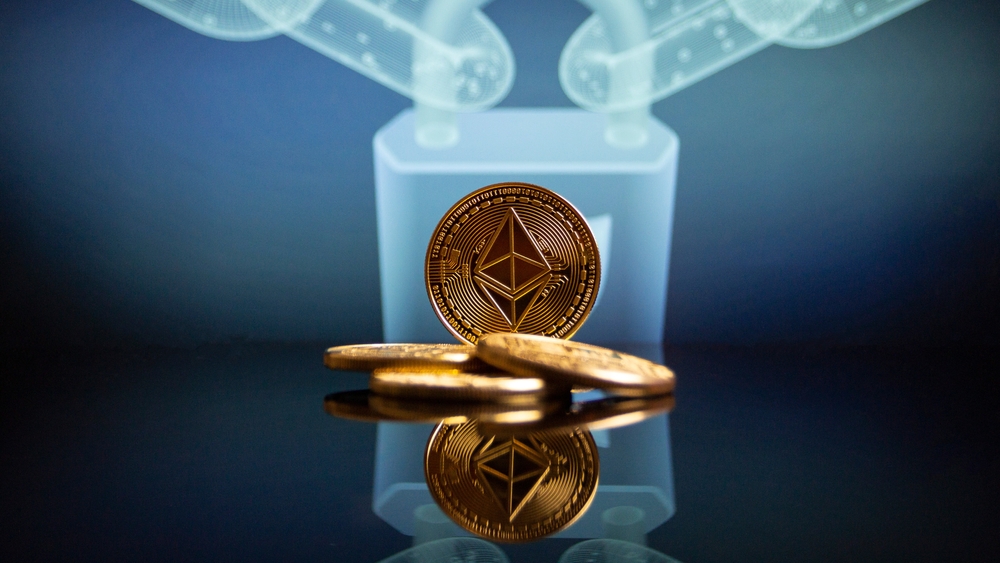
In the vanguard of blockchain technology, there’s a conversation that is gaining momentum—one that revolves around the empowering concept of self-sovereign identity (SSI). At the heart of this groundbreaking idea is the potential to return ownership of identity to the individual, away from centralized authorities and into the cryptographically-secure hands of the rightful owner.
A Deeper Look at SSI
Imagine a world where your digital identity is as unique and unassailable as your fingerprint. This is the promise of SSI. Each individual has control over their personal information, sharing it selectively, securely, and with clear consent. In this digital realm, you are your own master, no longer at the mercy of countless databases that hawk your personal details without so much as a by-your-leave.
- User empowerment: No longer will we see headlines of data breaches leaking personal information into the ether. With SSI, users can authorize who sees their information and to what extent.
- Enhanced Privacy: SSI enables a personal data firewall that will make Fort Knox look like a paper bag.
- Interoperability: Seamlessly verify your identity across numerous platforms without repeated vetting processes.
Consider the serene assurance in the statement, “My identity belongs to me.” It’s a powerful notion that touches on the innate human desire for control and self-determination.
The Role of Oracle Blockchain in Promoting Self-Sovereign Identity
Oracle Blockchain is not just a spectator in this transformative journey; it’s paving the road. As a foundational layer, Oracle Blockchain anticipates the complexities of managing digital identities and establishes a streamlined, secure pathway for their usage.
Imagine applying for a loan without the cold sweat of paperwork. Your SSI, facilitated by Oracle Blockchain, verifies your credentials in a heartbeat. Or consider the potential in healthcare, where medical records are at your fingertips, shareable instantly with any specialist around the globe. Oracle Blockchain does not just secure identities; it weaves them into the fabric of everyday life, making transactions simpler, verifications faster, and privacy the standard.
It’s not a jump into the unknown. It’s a strategic leap into a reality where individuals hold their personal data close and share it with the discernment it deserves. It sets the stage for a myriad of innovations that hinge on trusted, verifiable identities. You’re not just reading about a technological advancement; you’re getting a glimpse into an upcoming chapter of digital autonomy.
How will these self-sovereign identities sculpt the interactions between people and institutions? What does it mean for trust in an era of anonymous transactions?
As we pivot to the next segment, keep these questions in mind. The answers may just redefine the future of finance as we know it, navigating the shifting sands of trust and control that DeFi and blockchain oracles are keen to address.
DeFi, Blockchain Oracles, and the Future of Finance
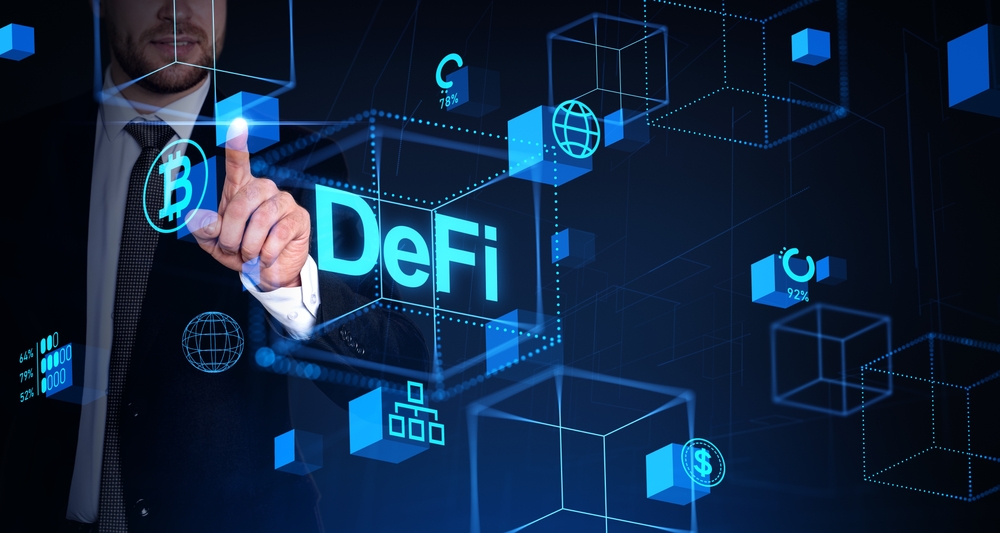
Imagine stepping into a world where the rigid structures of traditional banking dissolve and give way to a seamless flow of financial freedom. That’s the potential we’re glimpsing at on the horizon of finance, thanks to the accelerating evolution of decentralized finance (DeFi) guided by the innovative powers of blockchain oracles.
Understanding the Evolution of Finance with Blockchain Technology
Remember those times when trading on stock markets meant being physically present on the floor or the cumbersome days of relentless intermediaries for international transactions? The financial landscape is undergoing a transformative process, akin to stepping out of the horse and carriage era and into the realm of self-driving electric cars. Blockchain technology is not just a buzzword; it’s the engine of change driving this revolution.
From the way we make payments to how contracts are enforced, every aspect of finance is being reshaped with a digital chisel. The decentralization of trust—a core principle of blockchain—enables transactions without the need for central authorities. It’s like taking the power given to banks and distributing it among the users, resulting in transactions that are both transparent and faster due to the efficiency of smart contracts.
Envisioning the Future of DeFi with Blockchain Oracles
But here’s the catch. How do these smart contracts get the information they need from the outside world? Enter blockchain oracles. They serve as the bridge between the blockchain and real-world data, much like how our eyes transmit the physical world to our brain.
By incorporating blockchain oracles into DeFi ecosystems, smart contracts can automatically execute transactions based on data sourced from the external world. The implications? A farmer could receive an automatic payout from a crop insurance smart contract when a trusted weather oracle confirms drought conditions. Or imagine if your assets could be dynamically allocated in your investment portfolio based on real-time market data fed through oracles. These are not just concepts; they are budding realities.
The future could see entire economies running on digital currencies where oracles ensure a real-time reflection of global events into the DeFi space. This level of integration could potentially redefine wealth management, insurance, loans, and savings—essentially rewriting the financial script of centuries.
What’s more compelling is considering the nexus between blockchain oracles and decentralized identities, as explored in the Oracle Blockchain Platform blog. Imagine a world where your digital identity, securely stored on the blockchain, could unlock a suite of financial services tailored to your unique needs and reputation without ever compromising your personal data. Could DeFi pave the way for financial inclusion where everyone has access to banking services, not just those with a physical bank nearby or a favorable credit history?
The shifts are just beginning, and the ripple effects could be monumental. We stand at the cusp of possibly the most significant financial paradigm shift — going from relying on centralized pillars to a distributed, open, and far more inclusive financial framework.
Are we ready for a world where finance is no longer bound by the four walls of a bank, but rather, woven into the very fabric of our digital lives? The gears are already in motion, and what comes next could redefine the essence of financial sovereignty and accessibility.
Stay tuned, as the final part of this exploration digs deeper, wrapping up the impact of these technological marvels. You won’t want to miss the culmination of this journey into the heart of blockchain advancements and their ability to reshape our future.
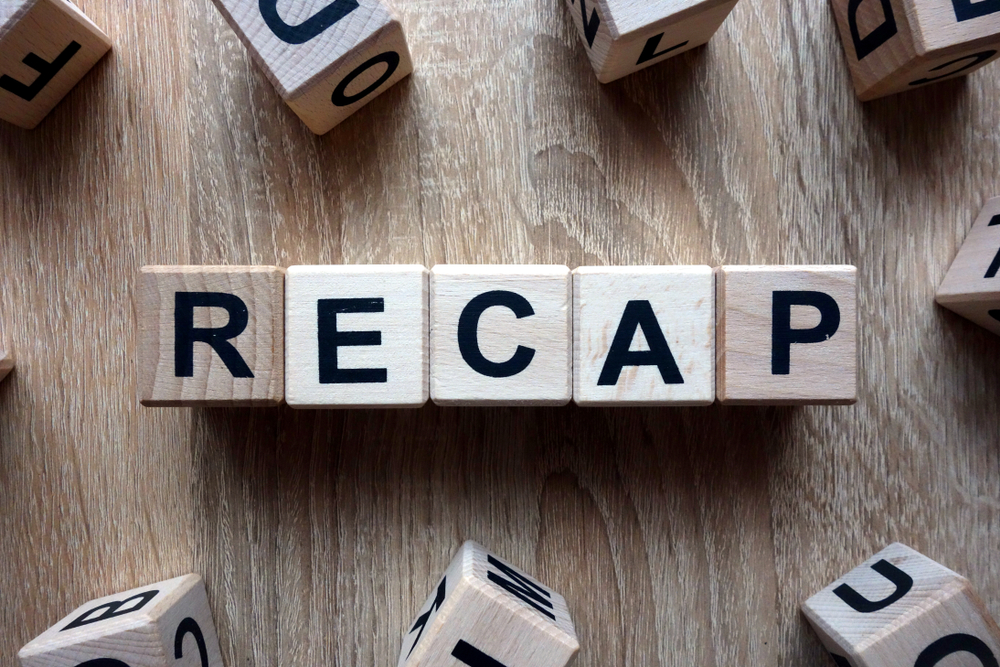
We’ve explored a dynamic landscape together – one where the intricate mechanisms of oracles and the progressive concept of decentralized identities take center stage. They’re not just buzzwords; they’re the gears of change in our blockchain universe. So, let’s take a moment to stitch together the insights we’ve unraveled.
The Paramount Role of Oracles and Decentralized Identities
In the episodes of our journey, we’ve seen how oracles are the lifeline that feed vital information to the blockchain. Without them, our smart contracts would be like islands without bridges – isolated and ineffective. It’s their ability to pull in real-world data and react to it that gives decentralized apps the edge to operate autonomously and trustworthily.
But let’s not forget the unsung hero in this equation – decentralized identity. By putting the control back in our digital hands, it redefines privacy and security. Imagine a world where your identity is not just a commodity to be exploited but a fortress, impervious to unwanted prying and breaches.
The Future Ahead
What’s brewing on the horizon is nothing short of transformative. Blockchain and crypto technologies are fast transitioning from nascent novelties to robust, foundational elements of our digital society. They are poised to redefine not just finance but the very fabric of our interactions and transactions.
From the way we invest and save, to how we establish trust and authenticity online – the potential here is colossal. We’re talking about a future where each of us could potentially have an unshakeable digital presence, an untamperable financial footprint, and seamless access to global markets – thanks to these pioneering technologies.
Concluding Remarks
As the curtain falls on our lucid walk through the realms of oracles and decentralized identities, let’s cherish this not as an end, but as the brink of innovation. The changes we’re witnessing today in the crypto infrastructure are the building blocks for tomorrow’s legacy. It’s thrilling to think about the endless possibilities that await – this is an epoch of progress that could well and truly redefine our world.
Rest assured, as these tremors of innovation continue to shake the foundations of the present, I’ll be right here, charting the ripples and waves they create. The world of crypto doesn’t just evolve; it leaps and bounds into new dimensions – and together, we’ll be right there, catching every moment of it.
